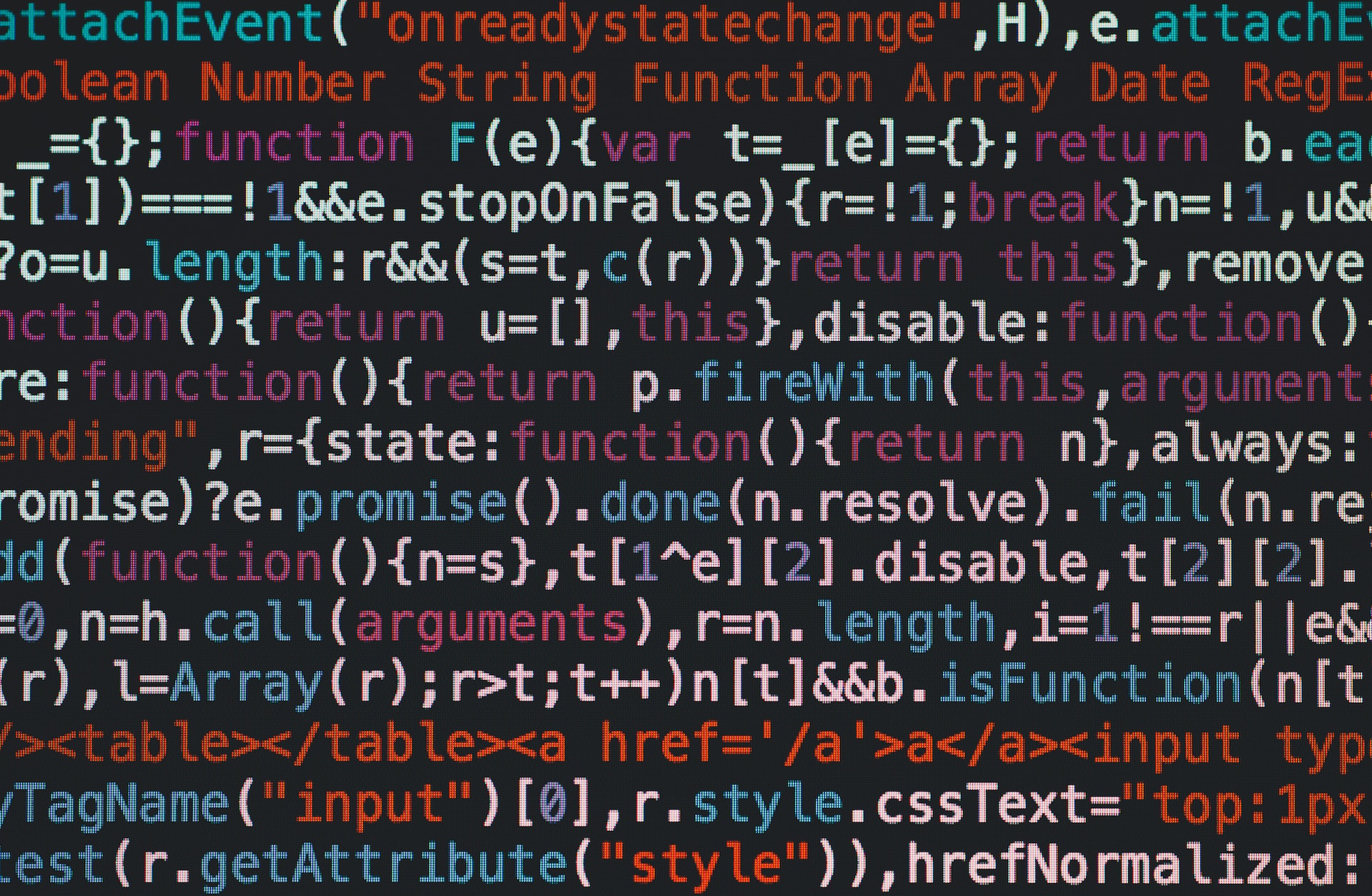In this era, data holds value as it fuels the advancements and automation brought about by artificial intelligence and machine learning in various industries. However, what often goes unnoticed is the step that lies behind every AI model data labeling. Data labeling involves annotating or tagging data to make it suitable for training machine learning algorithms. While it may appear as a simple task, it demands accuracy, scalability and expertise.
For businesses seeking data labelling companies for data labeling outsourcing, finding the right partner is of paramount importance. The ideal partner can streamline the data labeling process, ensure quality labeled data and maximize the return on your AI investments. In this blog post, we will explore how to choose the right partner for outsourcing your data labeling needs.
Step 1. Determine your data labeling requirements
Before embarking on your search for a data labeling partner, it is essential to have an understanding of your requirements. This involves identifying the types of data you need to label, assessing the volume of data involved and evaluating the complexity of annotations required. By doing so, you can narrow down your options and find a partner who can effectively cater to your needs.
Consider the types of services you require for data labeling. For instance, are you in the need of image annotation, text classification, audio transcription or video labeling? It’s important to have a list of your data labeling requirements to ensure that you select a partner who specializes in the areas you require.
Step 2: Evaluate the expertise and experience of the partner
Data labeling goes beyond data. It requires domain-specific knowledge and expertise. When assessing partners, consider their experience in your industry and their familiarity with the type of data you need labeled. Look for partners who have a proven track record in data labeling and can provide case studies or testimonials showcasing their expertise.
Additionally, take into account the scalability and size of their operations. Can they handle huge volumes of data? Meet your deadlines? A partner with an infrastructure and a substantial workforce dedicated to labeling can guarantee the delivery of labeled data, even for complex projects.
Step 3: Review the quality assurance processes of the partner
Accuracy in data labeling is crucial for developing machine learning models. Therefore it’s vital to choose a partner with robust quality assurance processes in place. Inquire about the partner’s quality control measures, such as annotator agreement and regular feedback loops with annotators. A reliable partner should also implement quality assurance checks at the different stages of the labeling process to minimize mistakes and ensure consistent accuracy.
Step 4: Assess their data security and confidentiality policies
When outsourcing data labeling, it’s essential to select a partner that prioritizes data security and confidentiality. Inquire about their measures for protecting data, access controls and protocols for handling information. Opting for a partner who follows industry security practices like data encryption and secure networks will reduce the risk of access or data breaches.
Furthermore, consider their policies regarding data privacy. A reputable partner should have policies in place to safeguard data privacy and comply with regulations such as the General Data Protection Regulation (GDPR) or the Health Insurance Portability and Accountability Act (HIPAA).
Step 5: Request sample projects and trials
To evaluate the quality and efficiency of a data labeling partner, ask for samples or trial projects. This will allow you to review their work first-hand, assess the accuracy and consistency of their annotations, and gauge their responsiveness and communication throughout the project.
You can ask the partner to send old projects as well as newer projects to check whether their service has improved over a period of time. You can also understand whether they have scaled up themselves in terms of business growth. The existing customer base of the partner can tell you whether the company has a good reputation in the market.
Step 6: Considering costs and pricing models
Cost is a factor in selecting data labelling companies. However, the sole determining factor should not be price. Instead, it’s important to consider the value you’ll get in return for your investment. Hiring a partner who charges less may mean compromising on quality, accuracy or timeliness, which can ultimately hinder the success of your AI projects.
Take the time to evaluate the pricing models offered by partners. Some partners may charge based on each project per data point or per hour of work. Assess which pricing model aligns with your budget and project requirements.
Step 7: Considering communication and collaboration capabilities
It’s vital to choose a partner who actively communicates with you, understands your project goals and responds promptly to your queries. Look for partners who provide project managers or account managers to ensure coordination and timely updates on projects.
Additionally, consider their collaboration tools. A partner who uses project management software, communication platforms and annotation tools that match your workflow can simplify the collaboration process and improve efficiency.
In conclusion
Making a choice when it comes to outsourcing data labeling is critical in determining the success of your AI projects. To choose a partner who can offer scalable and top notch labeled data, you should consider understanding your needs, evaluating their expertise, examining their quality assurance processes, assessing their data security measures, requesting samples, taking cost and pricing models into account and evaluating their communication and collaboration capabilities. This will enable your AI models to thrive and innovate, within your business.
















